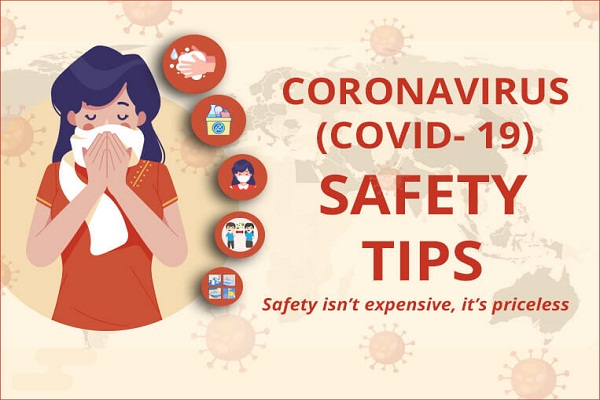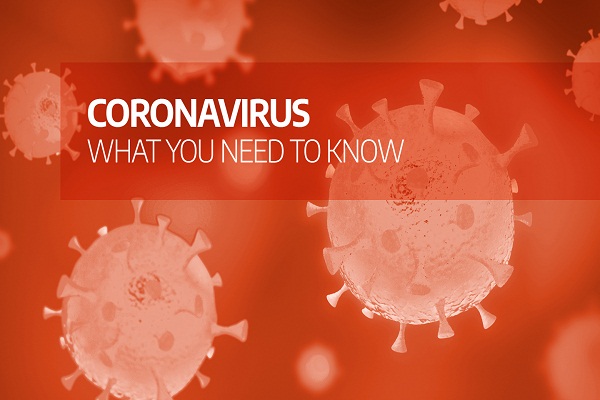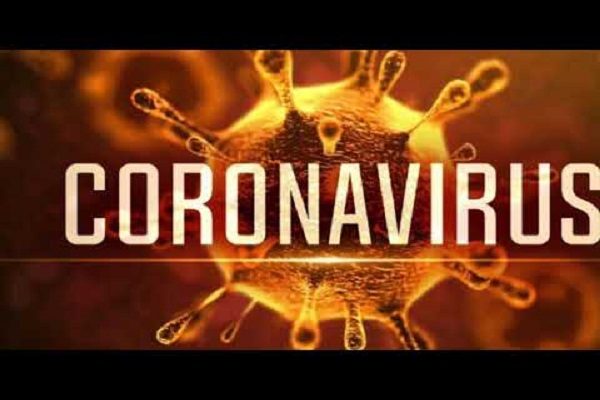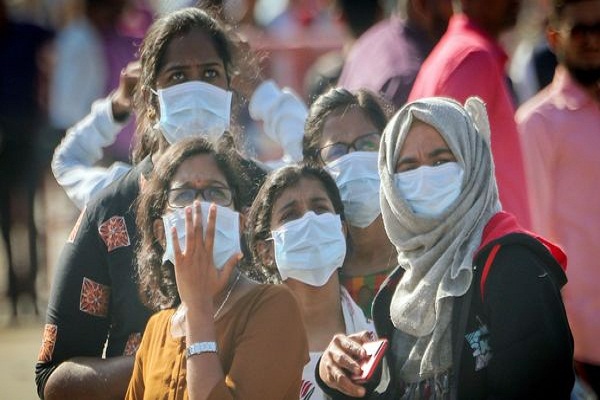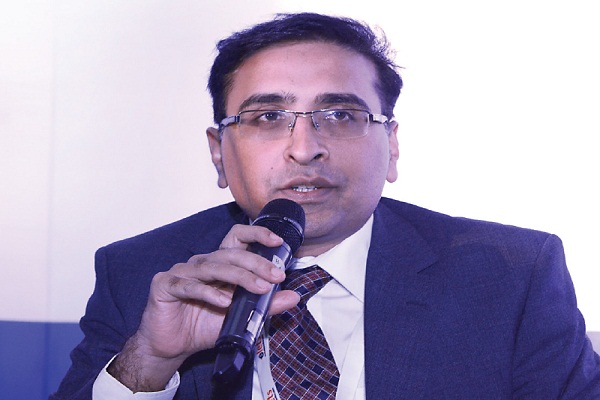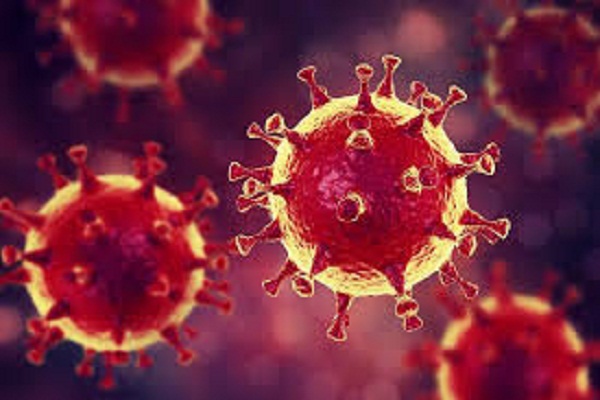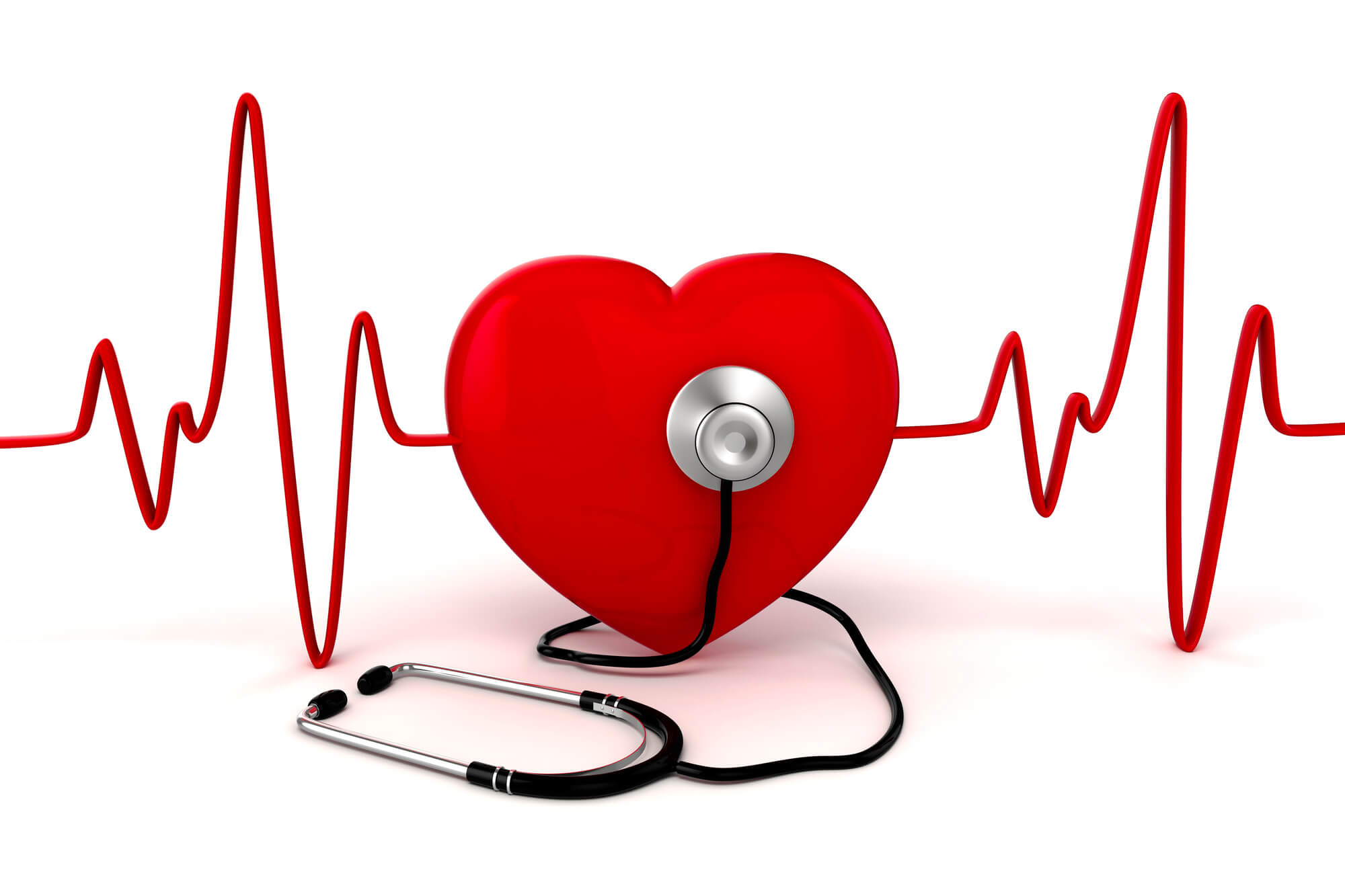
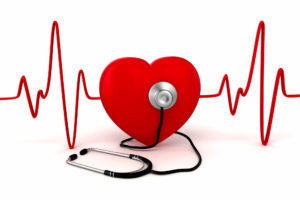 Fasting is a practice observed since centuries across religions and cultures. The holy month of Ramzan is a time of spiritual reflection, improvement and increased devotion and worship when devout Muslims put more effort into following the teachings of Islam by observing a fast from dawn to sunset.
Fasting is a practice observed since centuries across religions and cultures. The holy month of Ramzan is a time of spiritual reflection, improvement and increased devotion and worship when devout Muslims put more effort into following the teachings of Islam by observing a fast from dawn to sunset.
Although in general, intermittent fasting is considered a good strategy for health, people with various ailments, particularly in the case of persons suffering from heart disease must be a little more careful. Let us look at some of the important health-specific factors while observing a fast.

Firstly, the patient should be in a stable condition and must have his cardiologist’s approval that he is fit to perform intermittent fasting. The positive aspect about Ramzan fasting is that the fasting period is by and large limited to approximately 12 hours, which is feasible for an average person. Most of the cardiac drug dosages can be readjusted to 12-hour dosage schedules. However, there are few situations where such a wide dosage interval may not be possible, especially when a patient needs a drug on an urgent basis.
Following are situations when fasting is not advisable in a cardiac patient:
- A patient suffering from unstable angina may need a sublingual Sorbitrate drug as and when necessary. Such patients are not advised to undertake fasts.
- Patients, who have experienced a recent heart attack (in within 1 month) should not fast as the patient may not be stable enough to undergo long periods of fasting and will be needing medications frequently.
- Patients who have undergone coronary angioplasty or open-heart surgery in the last 4 to 6 weeks should not fast, as they might be needing frequent medication.
- Patients suffering from heart failure must not fast.
- Patients with uncontrolled hypertension may be advised not to fast if midday medications are also required to control the blood pressure.
- Patients with heart rhythm disorders are advised not to fast as they may be needing medication as and when necessary in addition to the standard regimens.
- Patients who fast should remember that overeating and over-drinking at pre-dawn and post-sunset are not appropriate for cardiac patients.
- Patients having low cardiac pumping ability are advised not to drink too much in too short a time, or else they will be at the risk of having severe breathlessness due to frank heart failure.
- Hence, it is very important to have a joint discussion with your doctor to understand whether you are fit to fast in case of a certain cardiac condition. If the situation allows, you can definitely enjoy the holy month of Ramadan keeping up with the religious practice of fasting.
Followings are the positive effects of fasting which is often helpful in many conditions

- Fasting helps in weight reduction because of the reduced calorie intake.
- Fasting lowers blood insulin levels which further lowers insulin resistance. It is especially helpful in type 2 diabetes mellitus. By lowering insulin resistance, it helps in the better transport of glucose from the blood to cell. However, it is important to look for symptoms of hypoglycaemia in diabetic patients who are fasting, as it can be dangerous if not treated immediately.
- Fasting helps in preventing coronary artery disease as it decreases bad cholesterol and triglyceride, helps overcome obesity and helps control high blood pressure.
- Animal studies have shown that fasting helps in brain function and prevents chronic brain ailments like Alzheimer’s and Parkinson’s disease.
(Disclaimer: Dr Santosh Kumar Dora, Senior Cardiologist, Asian Heart Institute, Mumbai. Views expressed are a personal opinion.)
Be a part of Elets Collaborative Initiatives. Join Us for Upcoming Events and explore business opportunities. Like us on Facebook , connect with us on LinkedIn and follow us on Twitter , Instagram.


